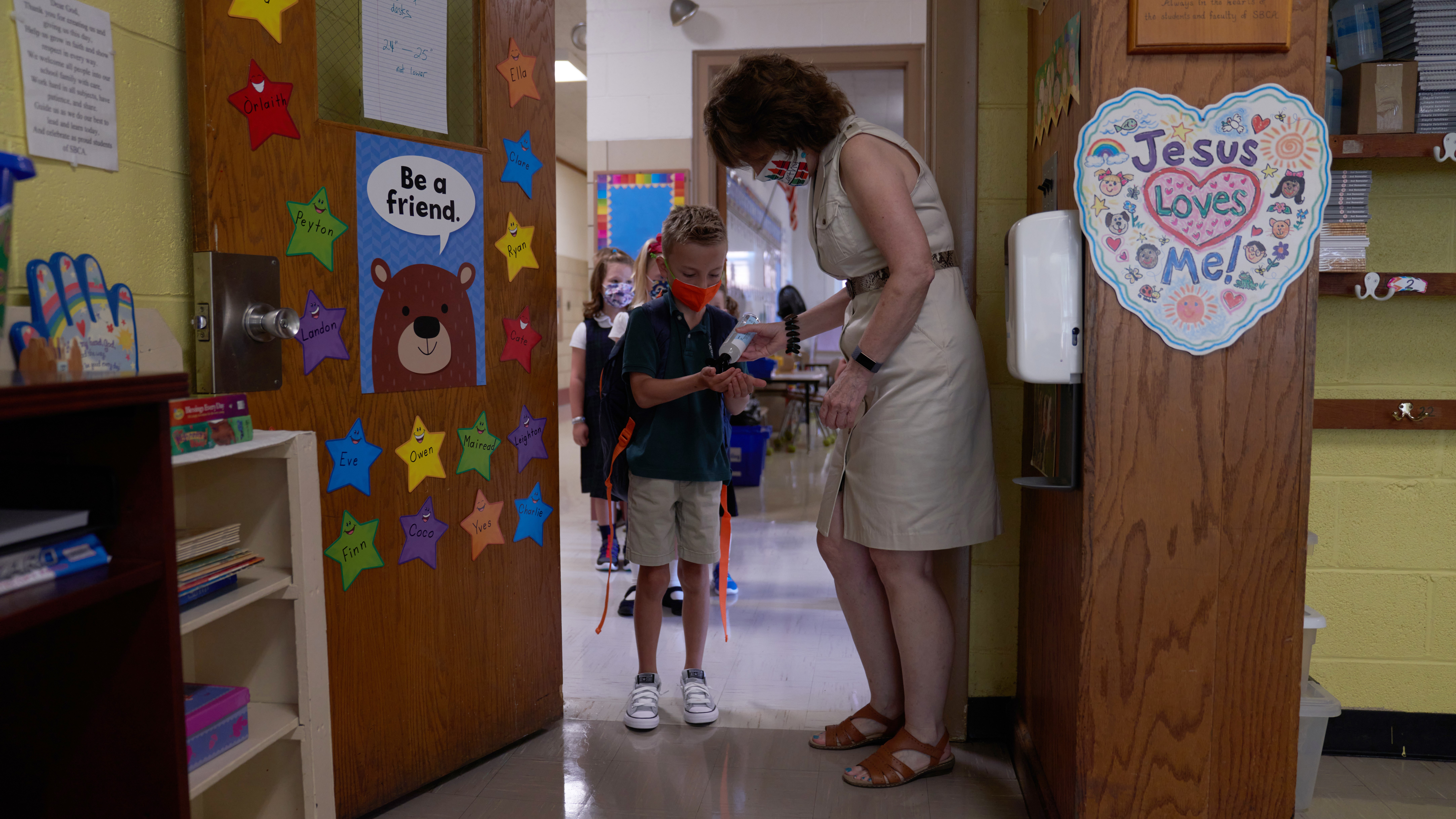With coronavirus metrics trending in the right direction, Boston doctors are hopeful that life will return to some sense of normalcy by the summer, if not sooner.
Cases across Massachusetts have dropped by more than 85% since mid-January, prompting some towns and cities to relax safety restrictions. For context, state health officials reported a single-day record on Jan. 5, topping 27,000 cases, followed by the second-highest single-day total on Jan. 7, with more than 26,000 cases. On Wednesday, Massachusetts reported less than 3,000 new coronavirus cases.
Three top Boston doctors talked about when they think we could return to normalcy, what it will take and what could get in the way during NBC10 Boston's weekly "COVID Q&A" series Tuesday.
More from this series
Get Boston local news, weather forecasts, lifestyle and entertainment stories to your inbox. Sign up for NBC Boston’s newsletters.
When will things go back to normal?
It's possible that a substantial majority of the U.S. population now has some level of immunity through the combination of vaccination rates and the omicron-driven spike, Brigham and Women's Hospital's Dr. Daniel Kuritzkes said.
"That could mean that we are sort of stumbling our way toward herd immunity of some sort," he said. "If we got to a point where case numbers on a daily basis were really low and we relaxed the restrictions and we don't see things coming back, then we'll know that we've gotten back to normal."
The increasing level of immunity nationwide makes Kuritzkes "moderately optimistic," that things could return to some level of normalcy by the summer, if not the spring.
Boston Medical Center's Dr. Sabrina Assoumou was equally hopeful.
"I'm hoping the spring -- if you take the number of people who are immune because of infection or after vaccination -- I think that there will be hopefully a lull in the spring," she said. "But as we've learned, whenever you try to predict what's going to happen with this pandemic, you end up being wrong. But I'm hoping that this spring and summer will be a good place to be."
"If we got to a point where case numbers on a daily basis were really low and we relaxed the restrictions and we don't see things coming back, then we'll know that we've gotten back to normal."
Dr. Daniel Kuritzkes, chief of infectious disease at Brigham and Women's Hospital
There's always the chance that the virus mutates and dashes those hopes, warned Dr. Shira Doron, hospital epidemiologist at Tufts Medical Center.
"An immune evasive variant is always the wildcard and there could always be one around the corner, so you never want to assume that you know what is going to happen next," se said. "But if we do have a lull, then it's really important that we take that breathing room to get more people vaccinated, to stock up on treatments and to build our capacity for testing and treatment."
When testing demand decreases, so does testing availability, Doron noted. When there's a rapid rise in cases, as Massachusetts saw over the holidays with the omicron-driven surge, the state isn't ready to scale up.
"We need to figure out how to scale up testing when it's needed, how to scale up therapeutics when they're needed, how to scale up hospital capacity when it's needed," she said. "Because COVID is never going away. That's a need that we're going to have forever -- the ability to flex hospital capacity because of the way this virus mutates, and then becomes immune evasive and then sends people back to the hospital again, even if we've got almost 100% of the population previously vaccinated or infected."



